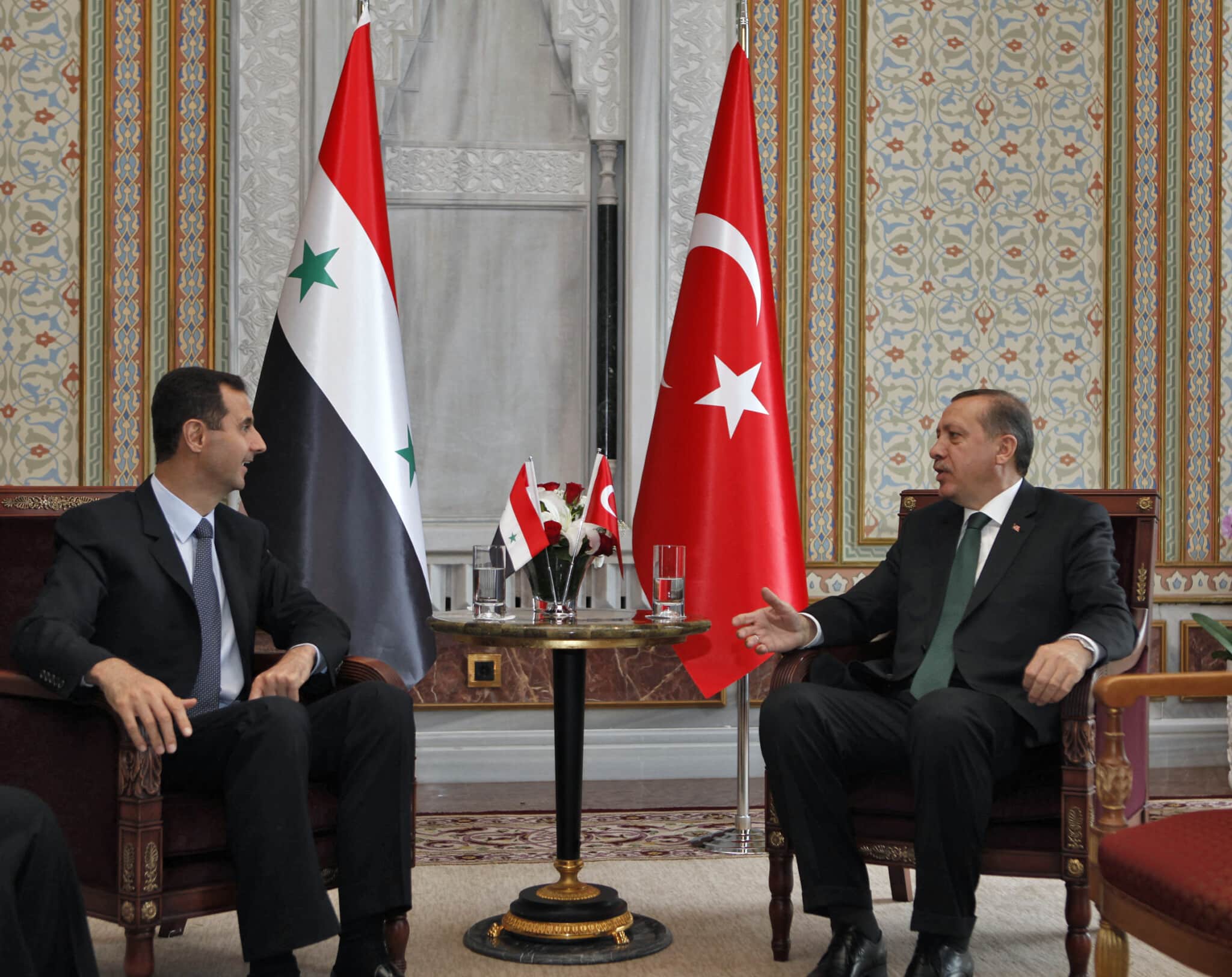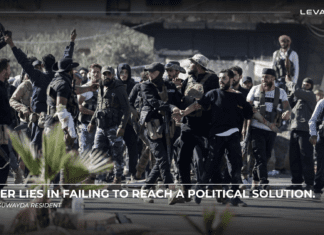
The process of normalization between Syria and Turkey, once a topic of intense speculation, has encountered significant obstacles as both nations grapple with conflicting priorities. Despite early signals of potential rapprochement, including Turkish President Recep Tayyip Erdogan’s comments two months ago about the possibility of improving relations with the regime of Bashar al-Assad, substantial progress remains elusive.
The normalization process, which had generated a wave of official statements and media speculation, now appears stalled. On August 25, Assad addressed the Syrian People’s Assembly, offering a detailed explanation for the lack of progress. Assad emphasized the need to address the root causes of the strained relations, particularly the policies that led to their deterioration. He stressed that any sincere effort to restore normal relations must first address these underlying issues.
Assad also outlined what he sees as essential for successful negotiations, including establishing a reference framework grounded in international law or UN resolutions. He suggested that the absence of such a framework had hampered previous meetings and that a clear, agreed-upon reference is crucial for moving forward.
From Turkey’s perspective, the normalization process is contingent on addressing several key issues. According to sources cited by CNN TURK, Ankara’s expectations include the elimination of “terrorist elements” from Syria, the achievement of national reconciliation in line with UN Security Council Resolution 2254, the creation of conditions for the safe return of refugees, and the uninterrupted flow of humanitarian aid to the liberated territories which they referred to as “opposition-controlled areas.” Turkish officials have made it clear that these expectations are non-negotiable and are vital for any progress in normalization talks.
The Turkish government has also reiterated its stance on the importance of constitutional reform and free elections in Syria as prerequisites for normalization. Turkish Defense Minister Yasar Guler emphasized that Turkey cannot consider withdrawing its forces from Syria until these conditions are met. Guler’s comments highlight Ankara’s insistence on securing its interests, particularly concerning border security and the elimination of perceived terrorist threats.
However, the situation is further complicated by external factors, including Russia’s involvement in the normalization talks. Russian Foreign Minister Sergey Lavrov announced preparations for a new meeting between regime and Turkish officials, expressing confidence that it would “occur soon.” Lavrov acknowledged the challenges faced in previous discussions, particularly the lack of an agreement on specific criteria for Turkey’s withdrawal from Syria – a key demand of the Assad regime.
Despite these ongoing efforts, strategic analysts like Amer Al-Sabaileh, a non-resident researcher at the Stimson Institute, remain skeptical about the likelihood of significant progress. Al-Sabaileh suggests that both sides view normalization as more of a tactical maneuver than a genuine effort to resolve long-standing issues. He also notes that Russia’s preoccupation with the conflict in Ukraine might diminish its ability to facilitate meaningful dialogue between Syria and Turkey.
In the absence of a clear breakthrough, the prospect of a high-level meeting between Erdogan and Assad remains uncertain. While tactical considerations may eventually lead to such a meeting, both sides appear unwilling to make the necessary concessions that would pave the way for a comprehensive agreement.








